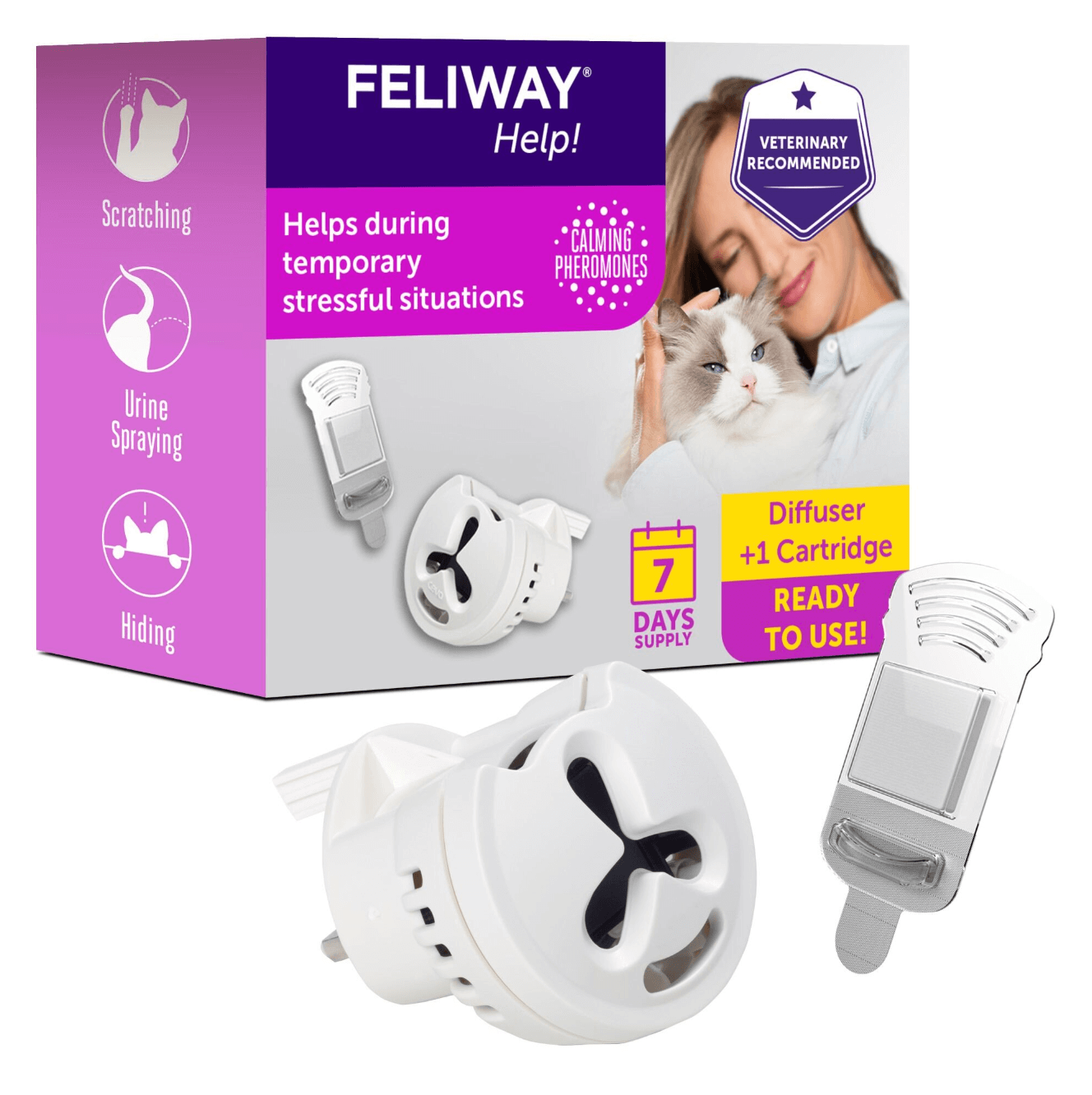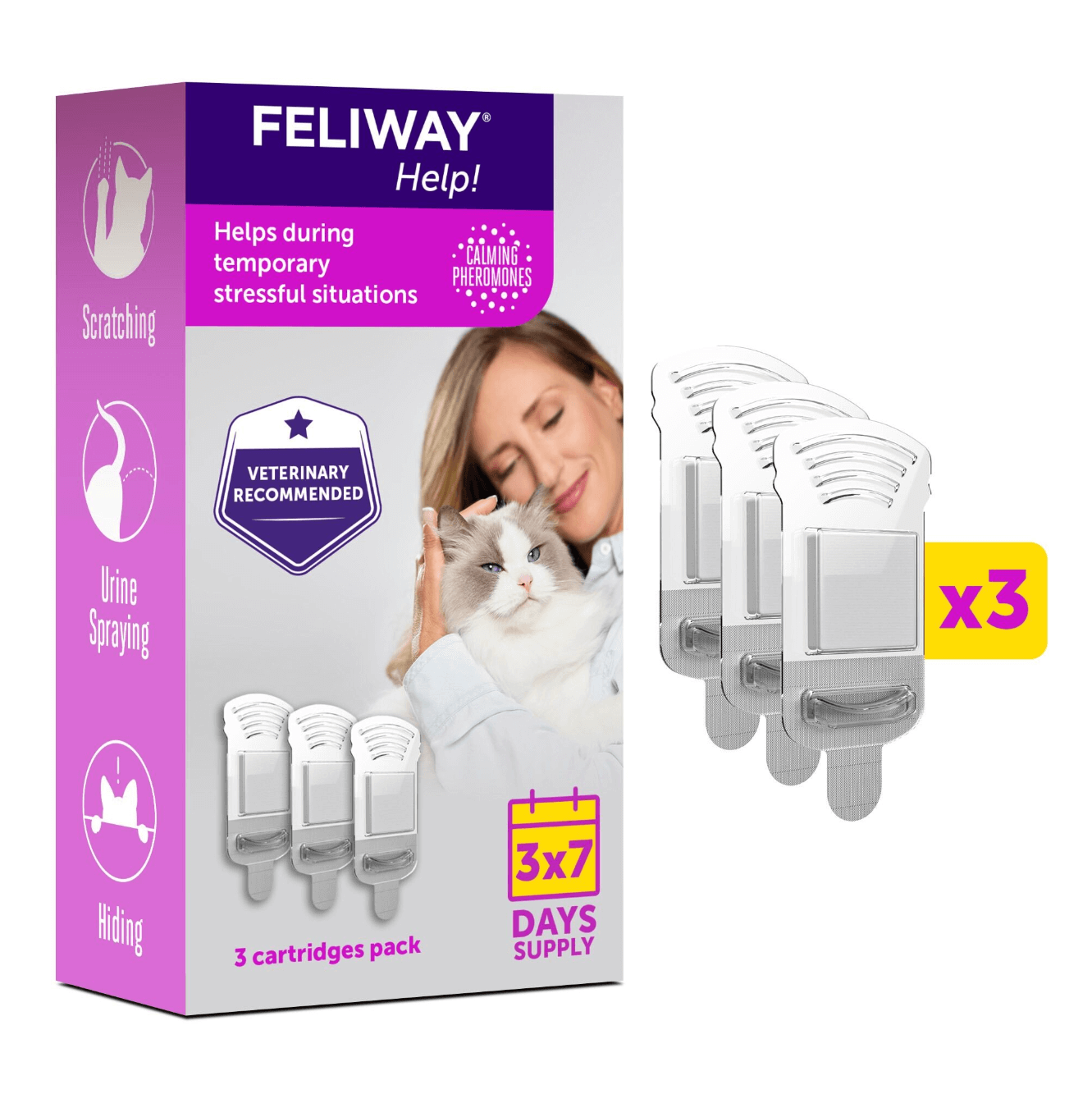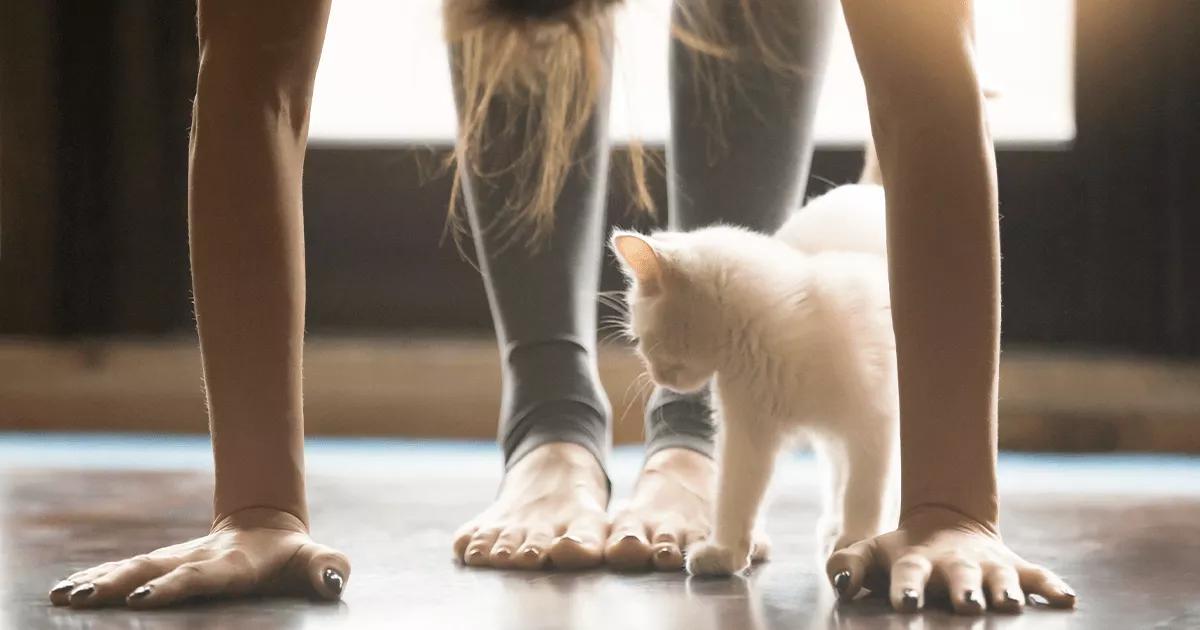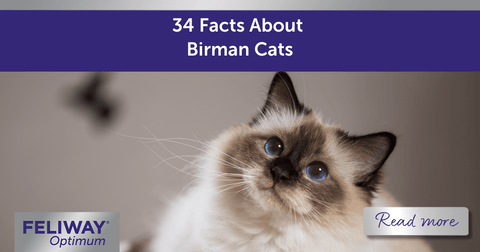
Which Cat Breed Fits Your Personality and Lifestyle? 7 Things to Consider
Bringing a cat into your life can be a wonderful and rewarding experience. Cats are not only great companions, but they are good for your health and wellbeing, including providing emotional support!
But you may be wondering which breed of cat you should get – one that will fit nicely with your personality and lifestyle.

What determines a cat’s personality?
Genetics has a lot to do with a cat’s personality, but their interactions and experiences with humans over centuries have also played a part. A recent study suggests that the bond between humans and cats parallels the relationship between humans and their child – for example more open, conscientious, extroverted or agreeable people had less aloof cats, whereas people who were more neurotic saw more aggressive traits in their feline friends.
Which cat breed fits your personality and lifestyle?
It is estimated that there are over 370 million pet cats in the world, all of whom broadly fit into the Feline Five personality types. Although personalities may change slightly over time, if you notice any change in your cat, speak to your vet. A sudden change could be due to an underlying medical problem.
Each cat will have a mix of the traits below – see which attributes your kitty shows most:
|
Feline Five Personality |
Personality Trait |
Cat Breeds with these trait tendencies |
|
Spontaneous |
Cats who are very spontaneous are more impulsive and erratic. Those who are less so, may be more predictable and restrained. |
More spontaneous cats are often high energy, such as the Norwegian Forest Cat |
|
Outgoing |
Cats who are outgoing are often curious and active. Less outgoing cats may be more shy and like to hide away. |
Outgoing cats are curious! They will often want to be near or with you – some breeds that are often outgoing include the Abyssinian and the Maine Coone. |
|
Assertive |
Assertive cats prefer being on their own, and often like to have control over their environment. |
Confident breeds like the Bengal cat often have more assertive personalities. |
|
Friendly |
Friendly cats are often affectionate towards people rather than preferring time alone. |
The Tonkinese and the Bombay cat are often especially affectionate and friendly – although most cats will show this trait sometimes! |
|
Skittish |
More skittish cats may often seem worried about people and other cats, whereas less skittish cats are often calm and trusting of others. |
Many cats can be skittish at times, but Ragdolls are often more calm and trusting. |
7 Things to consider to ensure a purrfect personality fit
Are you looking for a cat that will enjoy lots of handling and interaction? Most cats prefer to interact on their terms, so make sure you are prepared to spend time developing a close bond from the start.
Do you have young children or other pets in the home? Who wouldn’t want to play with a super cute new kitten – but exuberant children and lots of noise could make a new kitten, or an older cat, feel stressed if they are not used to these situations.
Be prepared to teach children how to interact with your new cat and make sure that your kitten has plenty of safe spaces that they can retreat to when everything gets too much for them.
If you are adopting an adult cat, make sure that everyone visits the cat in the cat shelter before you bring them home, so that you can see how they get along.
If you already have other cats or dogs at home, make sure that their personalities match; if you already have a cat that is often in the ‘Assertive’ category, they may not welcome a new cat on the block. If you have a dog, are you confident that they will not be tempted to chase your cat?
Some cats prefer to have outdoor access so that they can roam freely in their territory and be stimulated to pounce, stalk and hunt. Others are quite content to stay indoors, as long as they have all the resources they need, and enough exercise and activities to keep them fit and entertained.
If you have a garden or outside space that your cat can access, it’s good to understand what they get up to at night, and that they may well bring you little ‘presents’ when they come home.
If you prefer to have an indoor cat, make sure you know what to do if your indoor cat wants to go outside.
Are you an experienced cat parent, or are you new to living with a cat? Do your research and get to understand a cat’s vagaries, what resources they require (from food bowls to litter trays), how they like to play and how to read their body language. Some cats may require more attention from you than others, so make sure you have the time to commit to getting to know your new furry friend.
Behaviour will vary from cat to cat, and breed to breed, but they all need similar resources. These include:
- Comfy beds and places for catnaps
- Food and water stations
- Places to climb
- Places to hide
- Scratching posts
- Litter trays
- Toys to play with
- Bonding time with you
- FELIWAY Optimum, which helps all breeds feel calm and serene when adjusting to their new home environment
Some cats are more active and outgoing, some are more vocal, and some prefer to be independent and spend time with you on their terms. Their habits and personality will start to develop between kittenhood to about 2 years old.
It is also important to consider the health traits of a breed; some breeds may be more prone to health issues than others, which could mean that your cat will need extra care and attention. Always discuss these issues with your vet before you adopt your cat, so that you can have a true and honest assessment about how they may impact your cat’s well-being in future.
Kittens can be hard to resist, but they are time consuming and your home will have to be kitten-proofed for a while. Adult cats will already have experience living in a home, and they tend to be calmer and have a developed personality, which should make it easier to know if they will be a good fit for your home.
If you’re adopting a kitten, only buy from someone you know or a reputable breeder – use a Kitten Checklist to make sure you have covered all angles, and check what experiences and socialisation your kitten may have already had.
If you’re adopting an adult cat, visit your local cat shelter where the staff will know the personality of each cat and be able to guide you to the one they think will fit your family best.
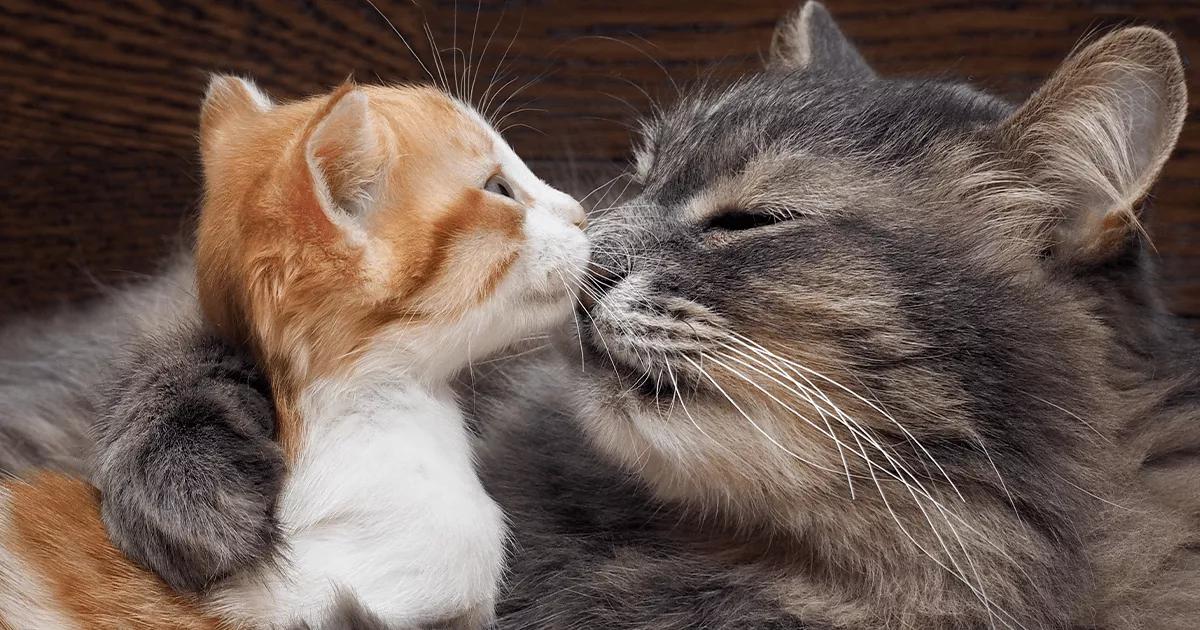
Some cat breeds are long and sleek (e.g.the Siamese) and some are more naturally stocky (e.g. the Maine Coone). What do you look for in a cat?
Some cats require more maintenance than others. Cats with longer hair coats (e.g. Norwegian Forest cats) will need more regular grooming than a short hair cat (e.g. the British Shorthair cat). Cats spend a lot of time grooming themselves, but sometimes they need a little help from their pet parent.
When you’re researching which cat breed would fit your personality and lifestyle, do your research. There’s a lot of information available online, but it’s important to also talk to other people who have experience with the breed you are considering, like a vet or cat behaviourist. Cat shelters are also a great source of information and will help pair a cat with your particular set of circumstances and home environment.













